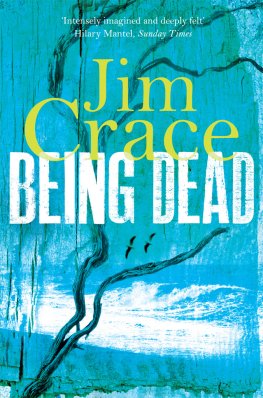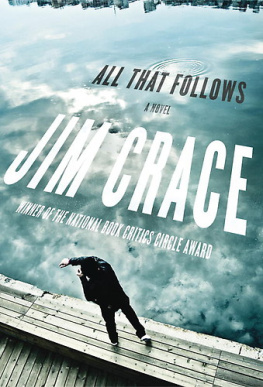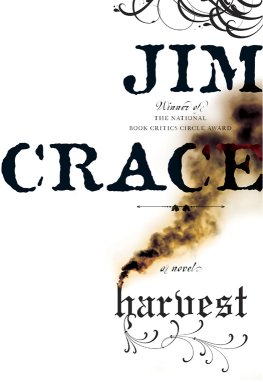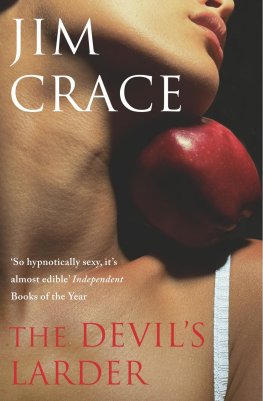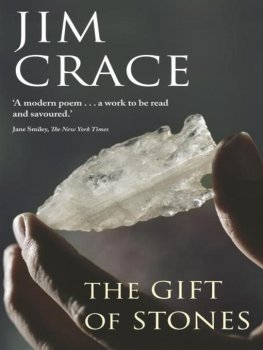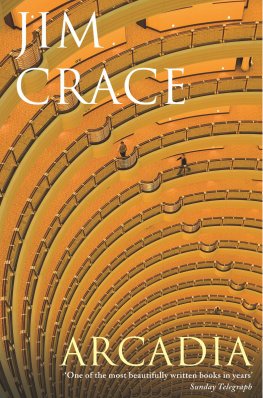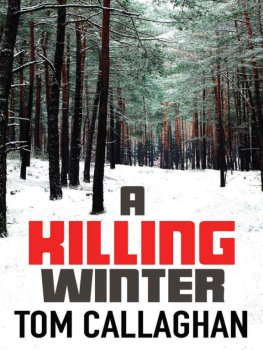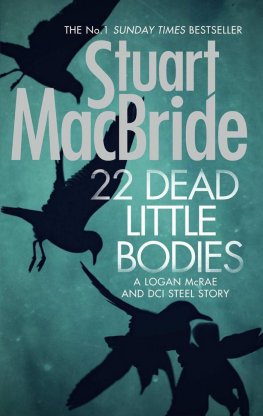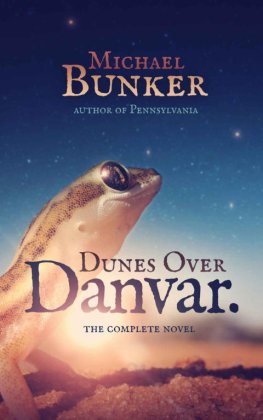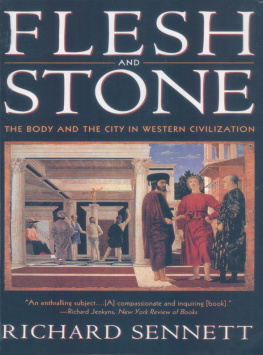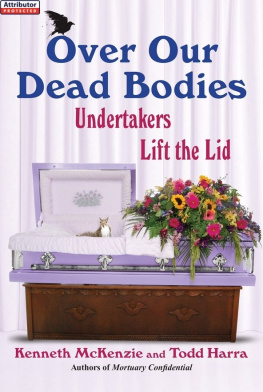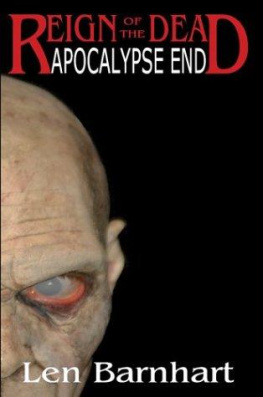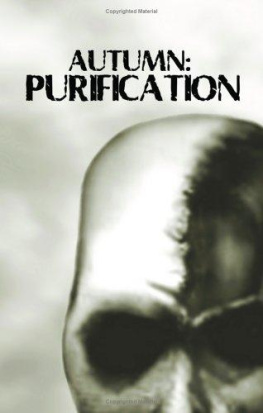Dont count on Heaven, or on Hell.
Youre dead. Thats it. Adieu. Farewell.
Eternity awaits? Oh, sure!
Its Putrefaction and Manure
And unrelenting Rot, Rot, Rot,
As you regress, from Zoo. to Bot.
Ill Grieve, of course,
Departing wife,
Though Grievings never
Lengthened Life
Or coaxed a single extra Breath
Out of a Body touched by Death.
The Biologists Valediction to his Wife from Offcuts by Sherwin Stephens
For old times sake, the doctors of zoology had driven out of town that Tuesday afternoon to make a final visit to the singing salt dunes at Baritone Bay. And to lay a ghost. They never made it back alive. They almost never made it back at all.
Theyd only meant to take a short nostalgic walk along the coast where they had met as students almost thirty years before. They had made love for the first time in these same dunes. And they might have made love there again if, as the newspapers were to say, Death, armed with a piece of granite, had not stumbled on their kisses.
They were the oddest pair, these dead, spreadeagled lovers on the coast: Joseph and Celice. Both had been teachers. He was director at the Tidal Institute where he was noted for his coldness as much as for his brains. She was a part-time tutor at the university. Hardly any of their colleagues had ever seen them together, or visited them at home, let alone witnessed them touch. How unexpected, then, that these two, of all couples, should be found like this, without their underclothes, their heads caved in, unlikely victims of unlikely passions. Who would have thought that unattractive people of that age and learning would encounter sex and murder in the open air?
They paid a heavy price for their nostalgia.
Had Joseph and Celice been killed, their bodies found, then carried home not on that Tuesday afternoon but, say, a hundred years ago, when even doctors of zoology could be lamented publicly, hysterically, without embarrassment, their family and their neighbours would have held a midnight quivering for them. The bodies would be laid out side by side on the bed in their best clothes and shoes, their wounds disguised, their hair slicked back, eyes shut, mouths shut, his hand on hers, their faces rhyming. The room would smell of camphor, candlewax and soap, and be as full of coughs and hard-backed chairs as a doctors waiting room.
The mourners, women first, would come as soon as it was dark to start their venerations, weeping till their shoulders shook, tapping on the floorboards with their boots and sticks, rattling their bracelets and their cuffs. Whoever had the squeaky chair or the loosest floorboard to creak or the most resounding of sobs could count herself the most distraught. The greater the racket the deeper the grief. A hundred years ago no one was silent or tongue-tied, as we are now, when death was in the room. They had not yet muzzled grief or banished it from daily life. Death was cultivated, watered like a plant. There was no need for whispering or mime. Let the hubbub drive the devils out, theyd tell themselves. Lets make a row. Lets shout. There were even quiver sticks to buy and shake, made out of metal rods with clacking wooden rings. The children would compete for those; their squabbling and their snatching would only benefit the din. A quivering should make the whole house rattle, it was said. It ought to keep the neighbourhood awake. It ought to sound as if a thousand crows were pecking at the roof. But those were optimistic times; death was an ill-lit corridor with all its greater rooms beyond.
At midnight, when the men arrived, all the guests would stand to form a circle round the bed. Theyd grip the mattress and the bedboards, a shoal of hands, to quiver the murdered couple, winnowing and shaking out their wrongdoings so that theyd enter heaven unopposed. The ashy chaff of all their errors and misdeeds would drift like cigar motes in the candlelight. Their tallowed sins would smudge the mens clean shirts.
Afterwards, fuelled by the older children of the house whod serve them coffee or little cups of Boulevard liqueur throughout the night, the neighbours and the relatives would reminisce about the dead, starting with the hearsay of the couples final, bludgeoned breaths. And then with, naturally, some shuffling, dozing silences in the hollows of the night when no one could concentrate on anything except the hardness of the chairs their recollections would regress through the years. Their memories, exposed to the backward-running time of quiverings in which regrets became prospects, resentments became love, experience became hope, would up-end the hourglass of Celice and Josephs life together and let their sands reverse. When north is south, the dead sit up, climb off their beds, grow younger and indifferent to dying. Skin stretches tight, hair thickens and becomes as sleek as nightcats, blows and bruises are revoked. Wounds close.
First, the friends and neighbours would recall Joseph and Celices latest months, So quiet considerate, I mean you hardly knew if they were in. Then their middle years, their married life, their work, perhaps, their parenting, their wedding, the student days, until with sentimental guesses at their early lives, what sort of girl and boy they must have been, how they excelled at books if not at sport their childhoods were achieved.
With practised timing, the quiverings for the murdered couple would end at daybreak. As dawn was flattening the candle-flames and deepening the corners of the room, an aunt, a colleague, an old friend would celebrate the wonder of the couples births over fifty years before, their infancies, how sweet and difficult theyd been, how promising, how loved.
Quiverings were resurrections of the dead.
But these are hardly optimistic or sentimental times and that Tuesday afternoon was not a hundred years ago. Poor Joseph and Celice would not be found and carried home for burial. Not for a while, at least. Nor would their faces rhyme sweetly on a bed. No one would come to hide their wounds or slick their hair. Thered be no camphor, candlewax or soap to disguise the smell of their decay. A thousand crows would not be pecking at the roof. There would be crueller birds and greater spaces. Theres nothing after death for Joseph and Celice but death and nothing after.
Yet there can be a quivering of sorts. It might be fitting, even kind, to first encounter them like this, out on the coast, traduced, spreadeagled and absurd, as they conclude their lives, when they are at their ugliest, and then regress, reclaiming them from death. To start their journey as they disembark, but then to take them back where they have travelled from, is to produce a version of eternity. First light, at last, for Joseph and Celice. A dawning death. And all their lives ahead of them.
The doctors of zoology were out of time, perhaps, but they can be rescued from the dunes by memory, receding, and tucked up in their waking beds again, still tenants of the room.
3.50 p.m.
Celice, at fifty-five, was hardly old enough to have lost her fear of death. That accommodation is only for the elderly or the insane. But her dying, chaotic though it was, was far too sudden to be frightening. There were only fifty seconds between half completing her last sentence (Its not as if. ) and drawing her last breath. She did not have the leisure or the knowledge to be fearful. She just felt for a tumbling instant like shed often felt at night, half conscious in the falling shudders of a dream. Winded, weightless and betrayed. Her heart collided with her ribs. Her body shook and arched. Her head was loose and hurtling through rimless chambers. Some conjuror had vaporized the earth and emblazoned all the space through which she fell with pixilated, pulsing lights. Her final moments were kinetic, abstract, pointillist.

